Colonial and Postcolonial Rewritings of "Heart of Darkness": A Century of Dialogue with Joseph Conrad
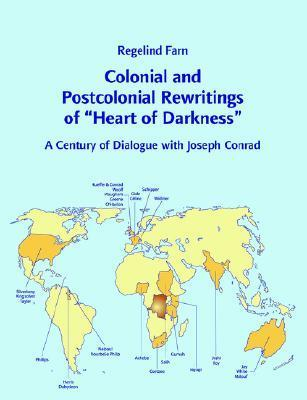
Summary
Joseph Conrad's novella "Heart of Darkness" (1899) is taught and read all over the world. Everywhere, novelists and travel writers respond to it in their own creative work. I discuss 30 responses, or rewritings, from Africa, India, the Caribbean, Australia, Europe and the US. Their perspectives include those of groups who identify with Conrad's Europeans and groups who feel close to his Africans, and increasingly those of groups who situate themselves between these two extremes in various ways. I identify world-wide developments as well as themes, strategies and paradigm shifts that correlate with different geopolitical situations. Rewriters address the contribution Conrad has made to the identities of his very different readers, and the patterns he has suggested for encounters. In ever more intense dialogues, people from all backgrounds work through images of themselves and of each other. However, like Conrad's narrator, they also become aware of limits of language and communication. Rewriters act as rereaders of the many layers of meaning in "Heart of Darkness", and thus imply that the reader's experience is as important as the author's. This approach is increasingly developing into a use of discourse-analytical methods in non-theoretical texts. Rewritings can bring "Heart of Darkness" close to the readers' lives. Rewriters champion processes of highly personal learning and unlearning as well as political and social approaches, and can thus help readers rework their own cultural backgrounds. Accordingly, I both use close-reading methods and take into account political and didactic intentions. In conclusion, I recommend reading "Heart of Darkness" together with one or more of its rewritings, and outline some ideas for teaching such combinations. After comprehensive introductions to "Heart of Darkness" and to the theory of rewritings, I discuss works by the following authors in a convenient handbook Ford Madox Ford (Hueffer), Leonard Woolf, W. Somerset Maugham, Andre Gide, Louis-Ferdinand Celine, Graham Greene, Charlotte Jay, Patrick White, Chinua Achebe, Wilson Harris, Ngugi wa Thiong'o, Tayeb Salih, Arun Joshi, J.M. Coetzee, V.S. Naipaul, Robert Silverberg, Caryl Phillips, David Dabydeen, Marlene NourbeSe Philip, David Malouf, Mineke Schipper, Abdulrazak Gurnah, Urs Widmer, Redmond O'Hanlon, Arundhati Roy, Barbara Kingsolver and Jeffrey Tayler.
Similar Books
-
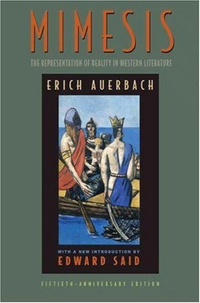 Mimesis: The Representation of Reality in Western Literature
Mimesis: The Representation of Reality in Western Literatureby Erich Auerbach
-
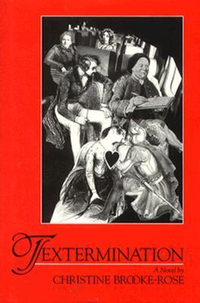 Textermination
Texterminationby Christine Brooke-Rose
-
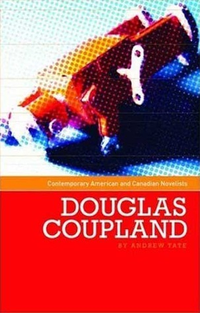 Douglas Coupland
Douglas Couplandby Andrew Tate
-
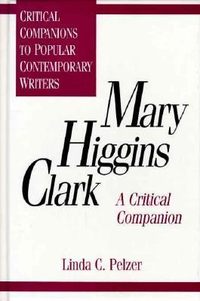 Mary Higgins Clark: A Critical Companion
Mary Higgins Clark: A Critical Companionby Linda De Roche
-
 Visions Across the Americas: Short Essays for Composition
Visions Across the Americas: Short Essays for Compositionby J. Sterling; Hilliard Warner
-
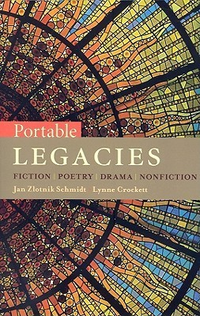 Portable Legacies: Fiction, Poetry, Drama, Nonfiction
Portable Legacies: Fiction, Poetry, Drama, Nonfictionby Jan Zlotnik Schmidt
-
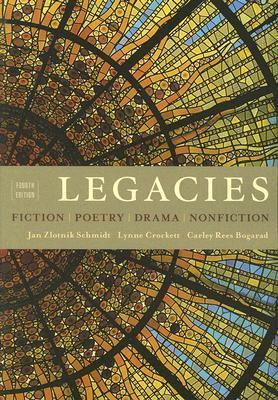 Legacies: Fiction, Poetry, Drama, Nonfiction
Legacies: Fiction, Poetry, Drama, Nonfictionby Jan Zlotnik Schmidt
-
 Joseph Conrad's Heart of Darkness: A Casebook
Joseph Conrad's Heart of Darkness: A Casebookby Gene M. Moore
-
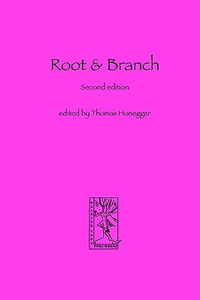 Root and Branch
Root and Branchby Thomas Honegger
-
 A History of Scandinavian Literature, 1870-1980
A History of Scandinavian Literature, 1870-1980by Sven H. Rossel
-
 A History of Scandinavian Literature, 1870-1980 (Volume 5)
A History of Scandinavian Literature, 1870-1980 (Volume 5)by Sven H. Rossel
-

-
 Aharon Appelfeld: From Individual Lament to Tribal Eternity
Aharon Appelfeld: From Individual Lament to Tribal Eternityby Yigal Schwartz
-
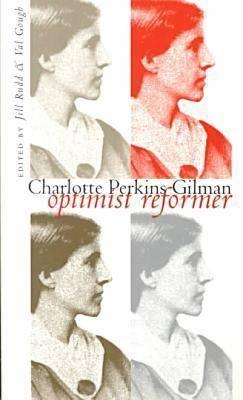 Charlotte Perkins Gilman: Optimist Reformer
Charlotte Perkins Gilman: Optimist Reformerby Jill Rudd
-
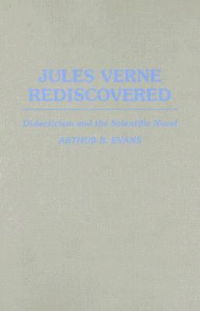 Jules Verne Rediscovered: Didacticism and the Scientific Novel
Jules Verne Rediscovered: Didacticism and the Scientific Novelby Arthur B. Evans
-
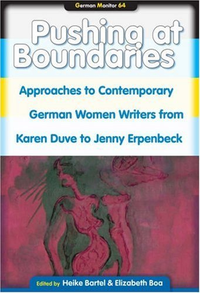
-
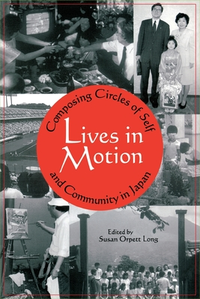
-
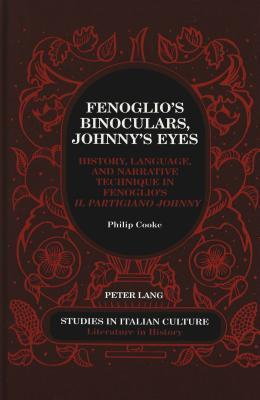
-

-
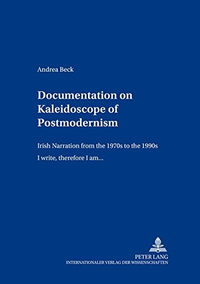
-
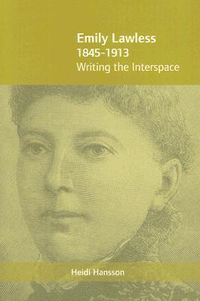 Emily Lawless (1845-1913): Writing the Interspace
Emily Lawless (1845-1913): Writing the Interspaceby Heidi Hansson
-
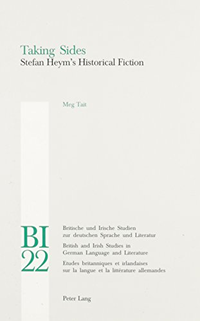 Taking Sides: Stefan Heym's Historical Fiction
Taking Sides: Stefan Heym's Historical Fictionby Meg Tait